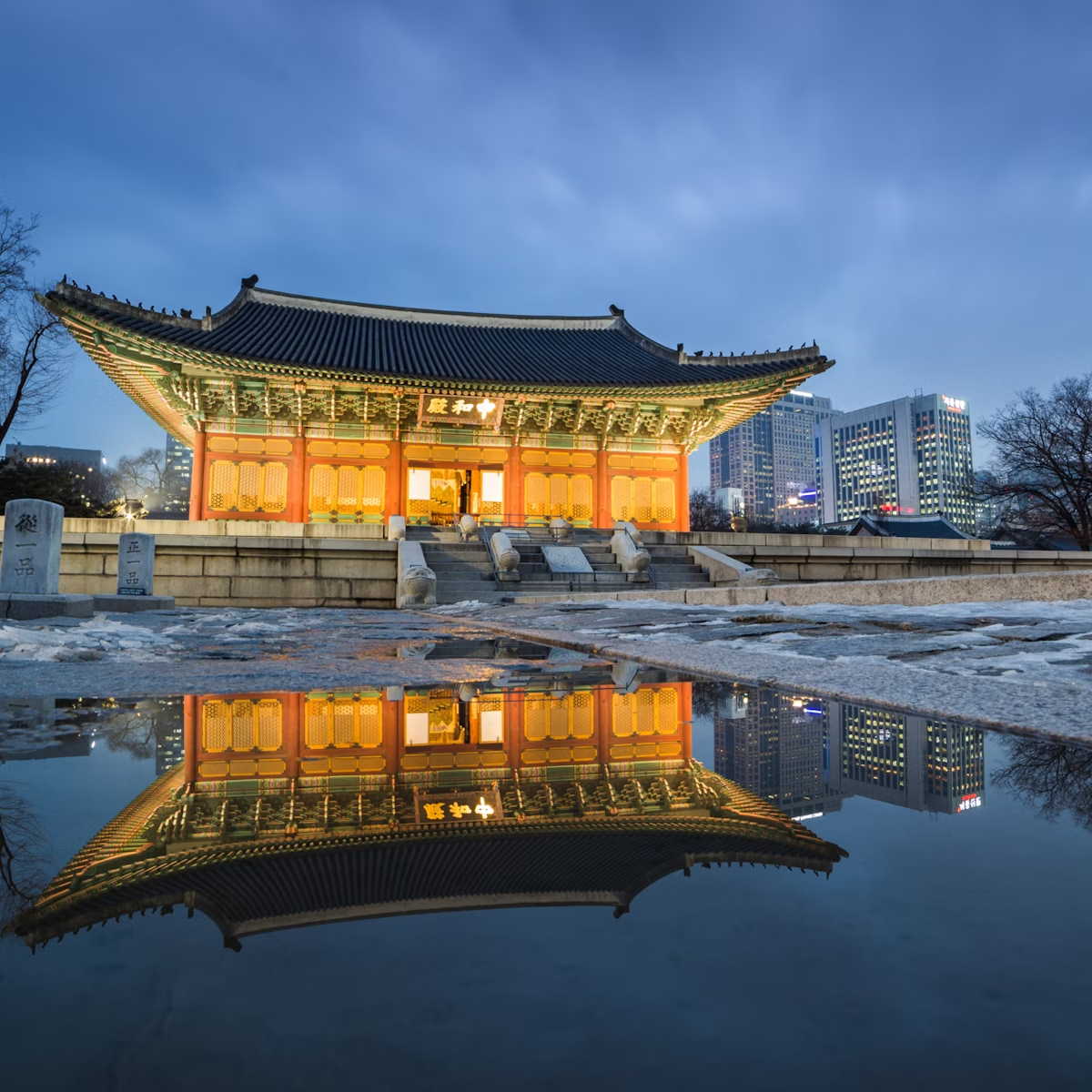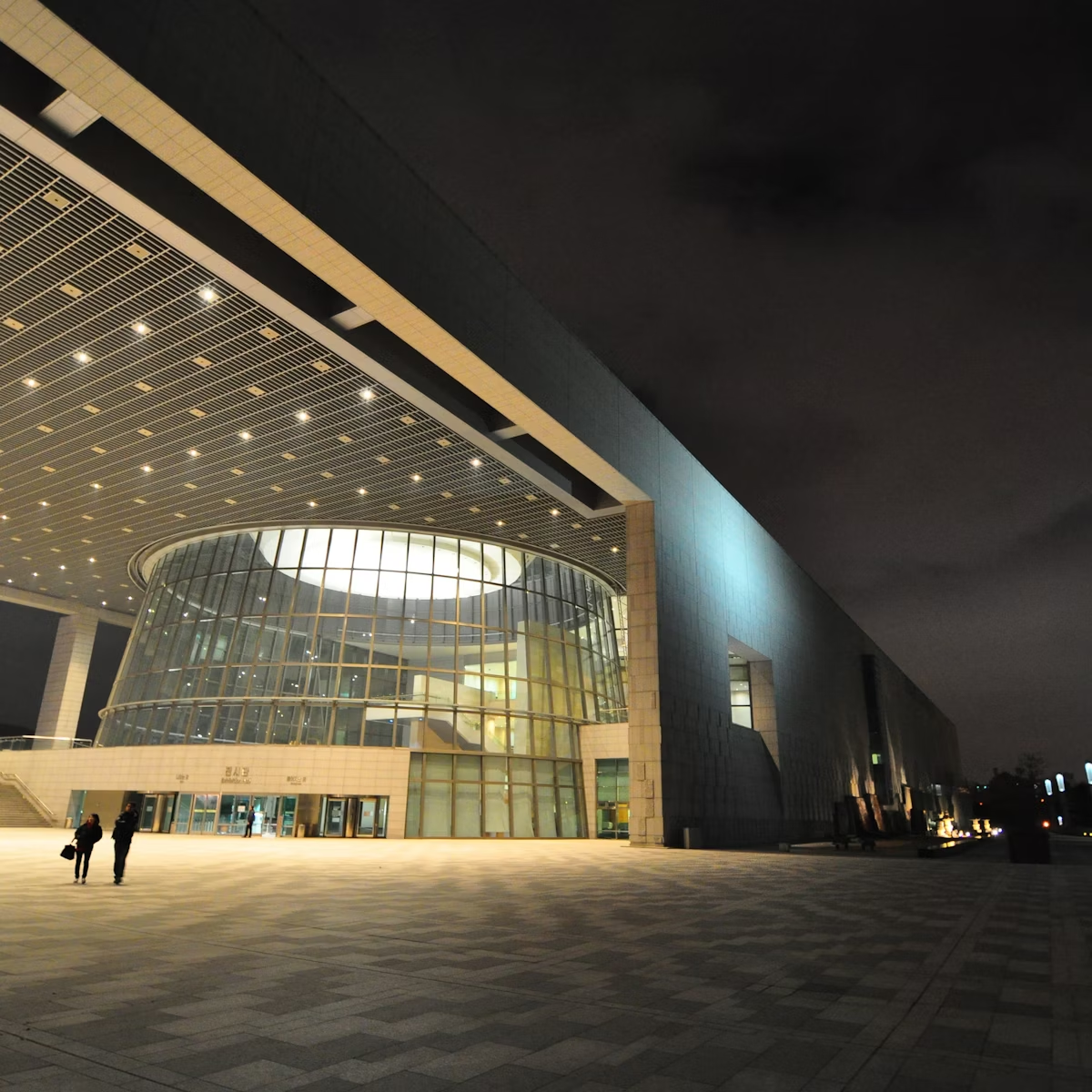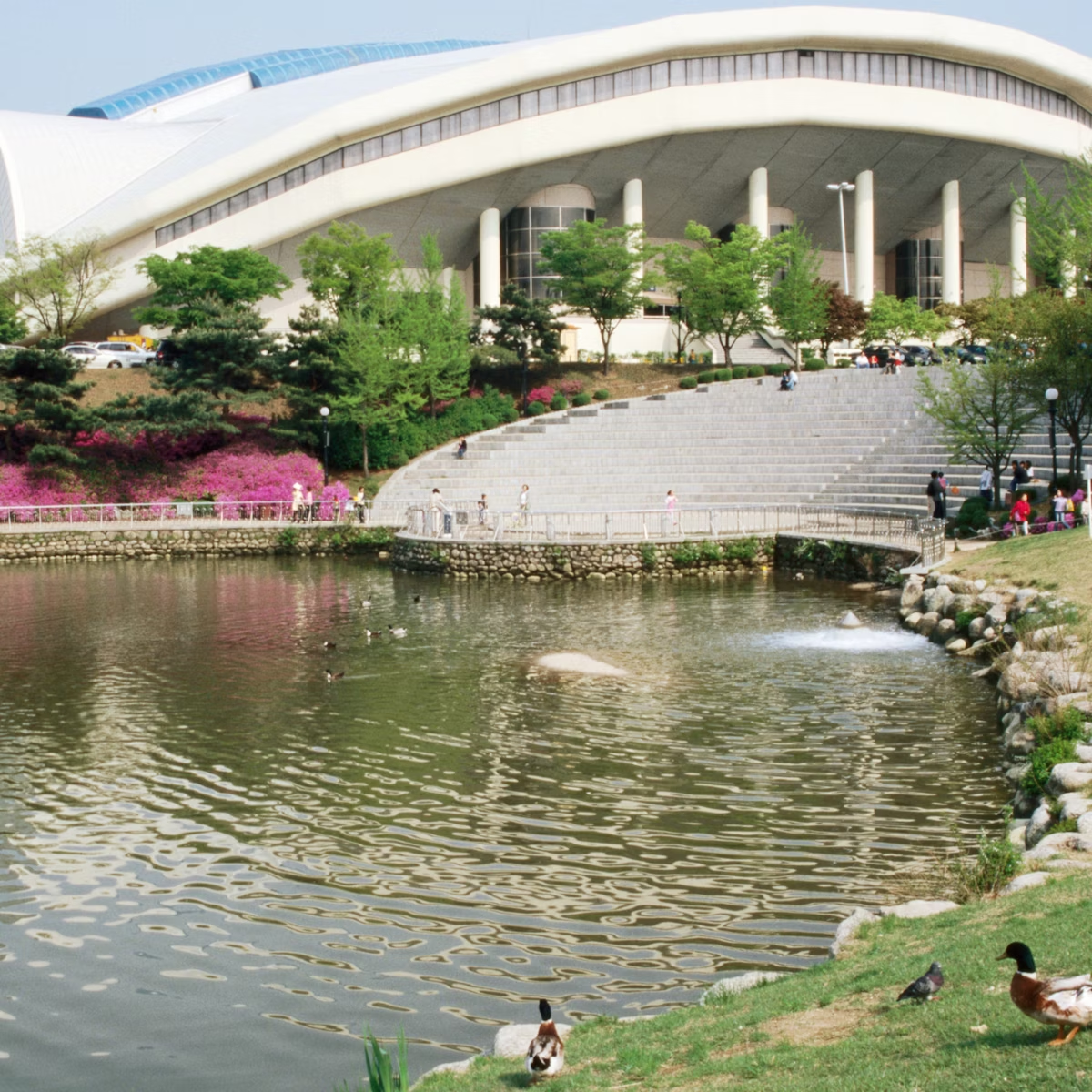Mokin are carved and painted wooden figures and decorative motifs that were used to decorate sangyeo (funeral carriages). Carved by village craftsmen, they are a unique folk art drenched in Buddhist and shamanist beliefs, and this small private museum includes some prime examples of the craft. You'll also find carvings from other parts of Asia here and a roof garden.
Among mokin, flowers represent wealth and yearning for a perfect world, while birds represent messengers from this world to the next, fish symbolise life and learning (as they never close their eyes), and tigers and goblins scare evil spirits away.







